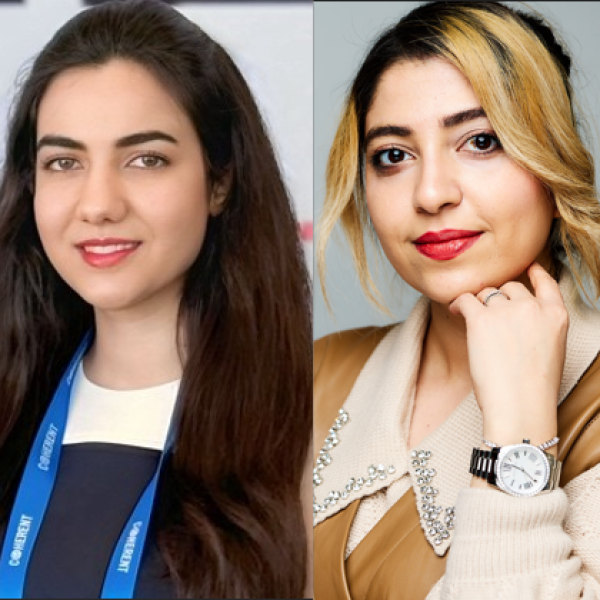Background: Cerebral blood flow (CBF) and cerebral autoregulation (CA) are crucial for maintaining optimal brain perfusion, ensuring a steady supply of oxygen and nutrients to the brain. Sufficient brain perfusion is essential for supporting normal cognitive function, promoting healthy aging, and managing both acute and chronic medical conditions. Monitoring blood flow and oxygenation variation on the brain continuously during daily life for patients with some neurological disorders like Alzheimer, stroke, Parkinson, and epilepsy is crucial. Therefore, it is critical to develop an affordable wearable device with high temporal resolution for patients who need ongoing monitoring during their daily routines.
Existing methods: Currently, there are several devices to monitor blood flow changes, such as MRI, CT scan, and ultrasound. However, these methods are expensive, provide only one-time measurements, and involve ionization. None of them are wearable and cannot be used during daily activities. There is a lack of wearable flowmeter devices for monitoring blood flow variations.
Overview of the project: We have developed a wearable, non-invasive, and affordable flowmeter sensor suitable for patients with neurological disorders. The sensor consists of an LED and miniaturized camera to capture flow changes, and then the signal is sent through Bluetooth to the system for real-time data analysis. If there are unexpected flow changes, a signal will be sent to the patient and the doctor to check activity and the patient's condition.
Progress: We have developed the first prototype which can monitor flow signal in tissue up to 7mm depth. It transfers data online to the monitor with Bluetooth and it has high temporal resolution. In the next step we plan to improve the device by making it wireless, so data can be transfer fast. Also, we plan to increase depth sensitivity of the device by using more sensitive camera. The main goal of the project is to develop a wearable flowmeter device with high temporal resolution to monitor blood flow changes on the brain continuously during daily activity of patients with neurological disorders. If there are unexpected changes in the blood flow device can send signal to the patient and doctor to control and check the patients’ conditions.
The big dream for our idea is to establish a company which can develop noninvasive wearable devices for monitoring blood flow and oxygenation and other vital parameters of brain for patients with neurological disorders like stroke, Alzheimer, and Parkinson. In that way patients could live like other people and do their daily activities without any concern
Email: fha251@uky.edu Fatemeh Connect on LinkedIn
Email: psa230@uky.edu Pegah Connect on LinkedIn
Email: faezeh.akbari@uky.edu Connect on LinkedIn

Project Owners
Fatemeh Hamedi
Pegah Safavi
Faezeh Akbari